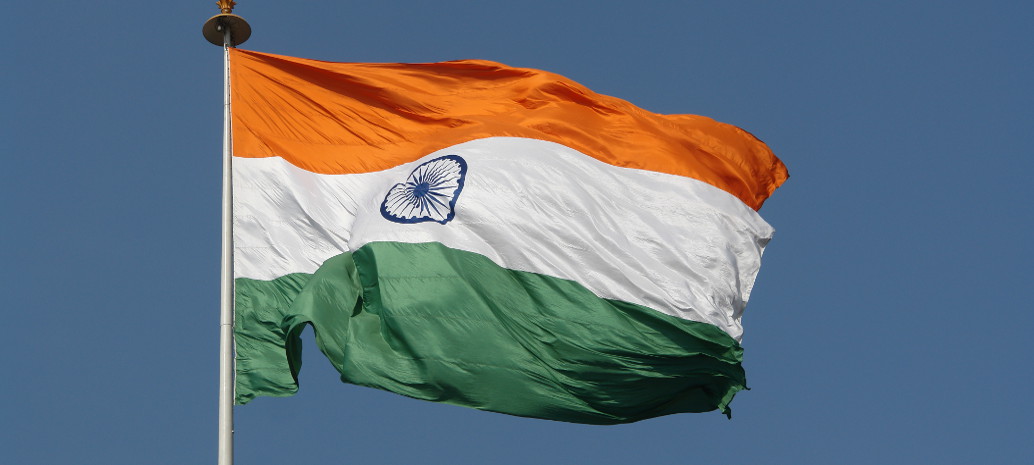The Indian company has said it will invest Rs. 240 crore (around US$37.4 million) in the first phase, which will see 500 MW of solar PV module manufacturing set up. A further, un-divulged investment amount will be made to ramp this to 700 MW, and to add 500 MW of solar PV cell manufacturing capacity.
Topaz said the 500 MW project will be financed via Rs. 80 crore equity and Rs. 160 crore debt, while Rs. 180 crore will be spent on imported equipment from Germany and China.
Chairman, Ganesan Natarajan tells pv magazine, “We are currently awaiting for the approval from Orissa State Government for some employment amendments. Otherwise they have already cleared our projects through their single window clearance. In all probability, the first phase will be ready for production by 2019.”
He adds that monocrystalline, polycrystalline and bifacial modules will be manufactured, and that the second phase will commence around a year after the first phase. Regarding cells, Natarajan says p-type, n-type and bifacial cells will be produced.
Topaz announced its plans against a backdrop of high Chinese solar PV imports to India, a looming solar tariff debate, and a concerted push by the government to encourage domestic manufacturing via a 20 GW manufacturing auction, among other incentives.
Natarajan says Topaz expects to receive financial support from the Odisha Government, which has already approved land for the manufacturing project. Additionally, he says, the company is eligible for a 25% capital subsidy on plant and machinery and a 10% sales subsidy on solar cells.
The article was updated on February 16, 2018 at 13.00 to include comment from Ganesan Natarajan.
This content is protected by copyright and may not be reused. If you want to cooperate with us and would like to reuse some of our content, please contact: editors@pv-magazine.com.




By submitting this form you agree to pv magazine using your data for the purposes of publishing your comment.
Your personal data will only be disclosed or otherwise transmitted to third parties for the purposes of spam filtering or if this is necessary for technical maintenance of the website. Any other transfer to third parties will not take place unless this is justified on the basis of applicable data protection regulations or if pv magazine is legally obliged to do so.
You may revoke this consent at any time with effect for the future, in which case your personal data will be deleted immediately. Otherwise, your data will be deleted if pv magazine has processed your request or the purpose of data storage is fulfilled.
Further information on data privacy can be found in our Data Protection Policy.